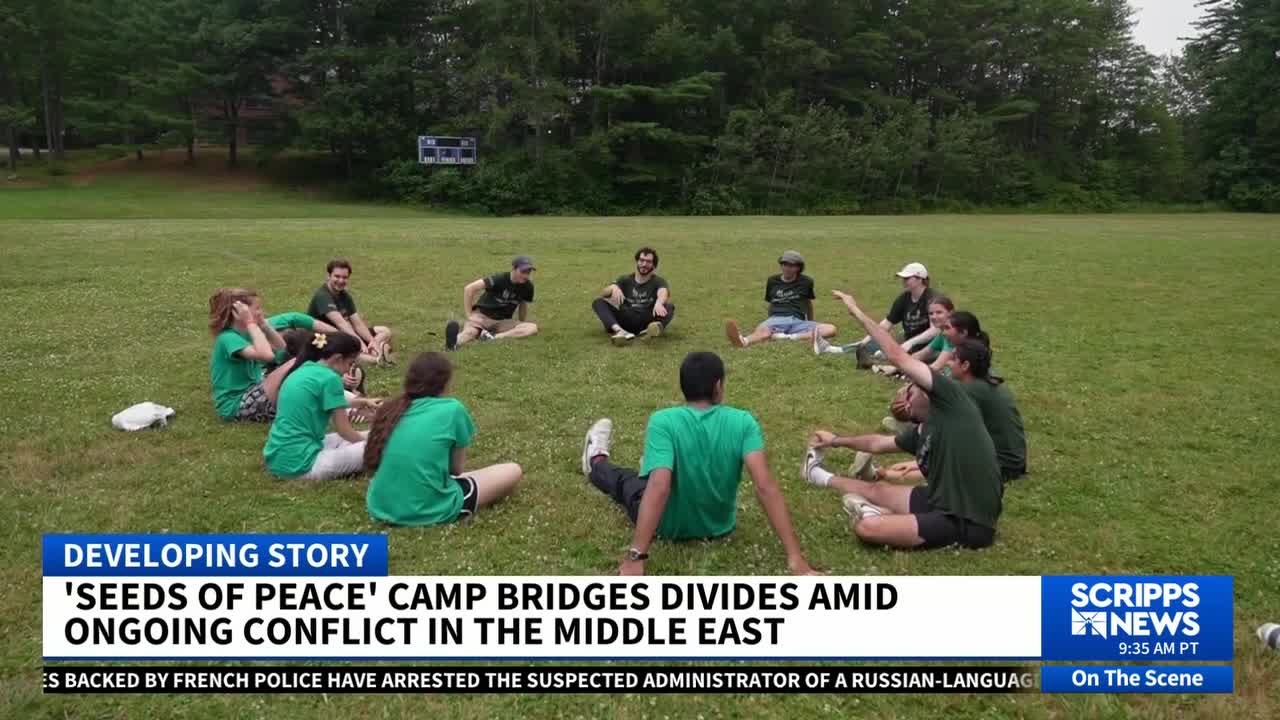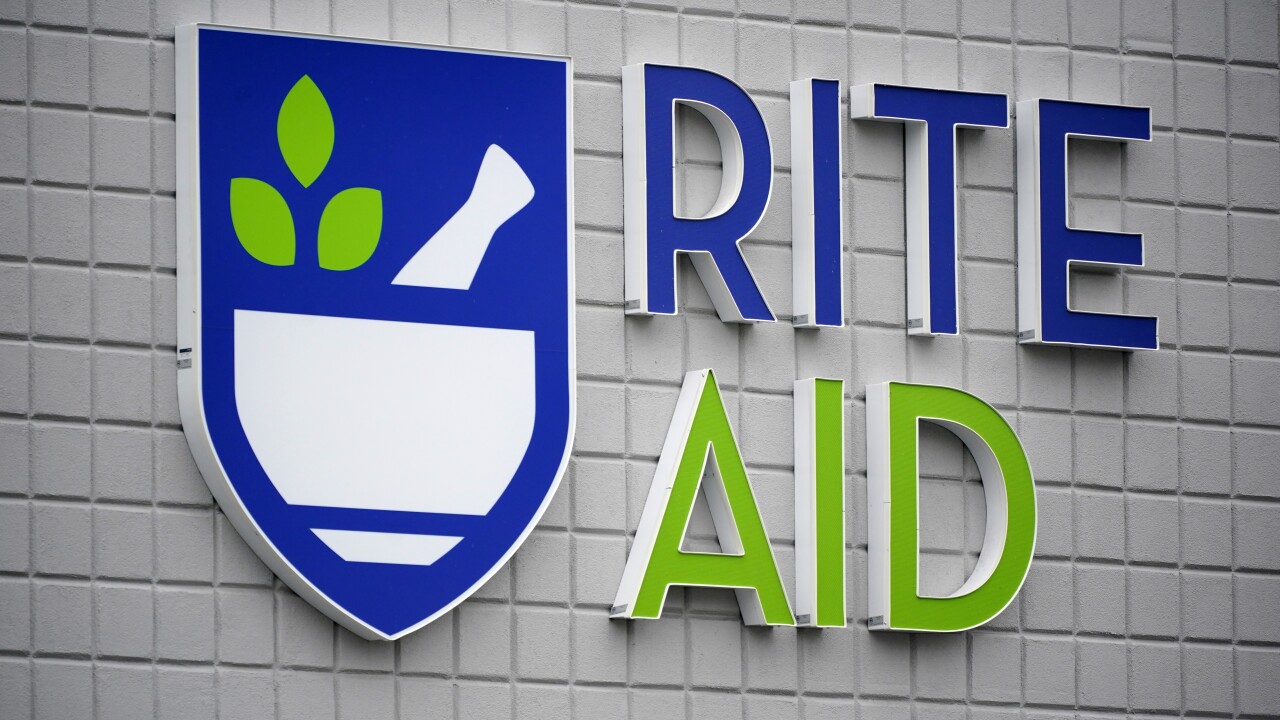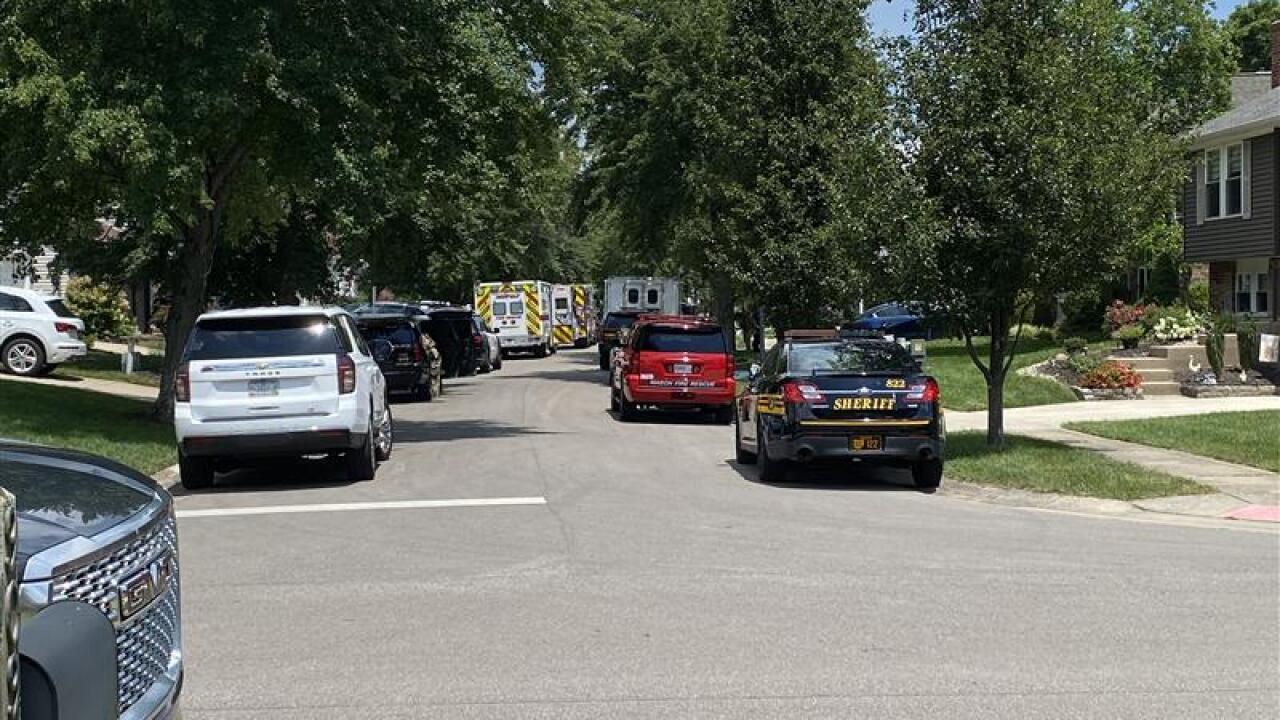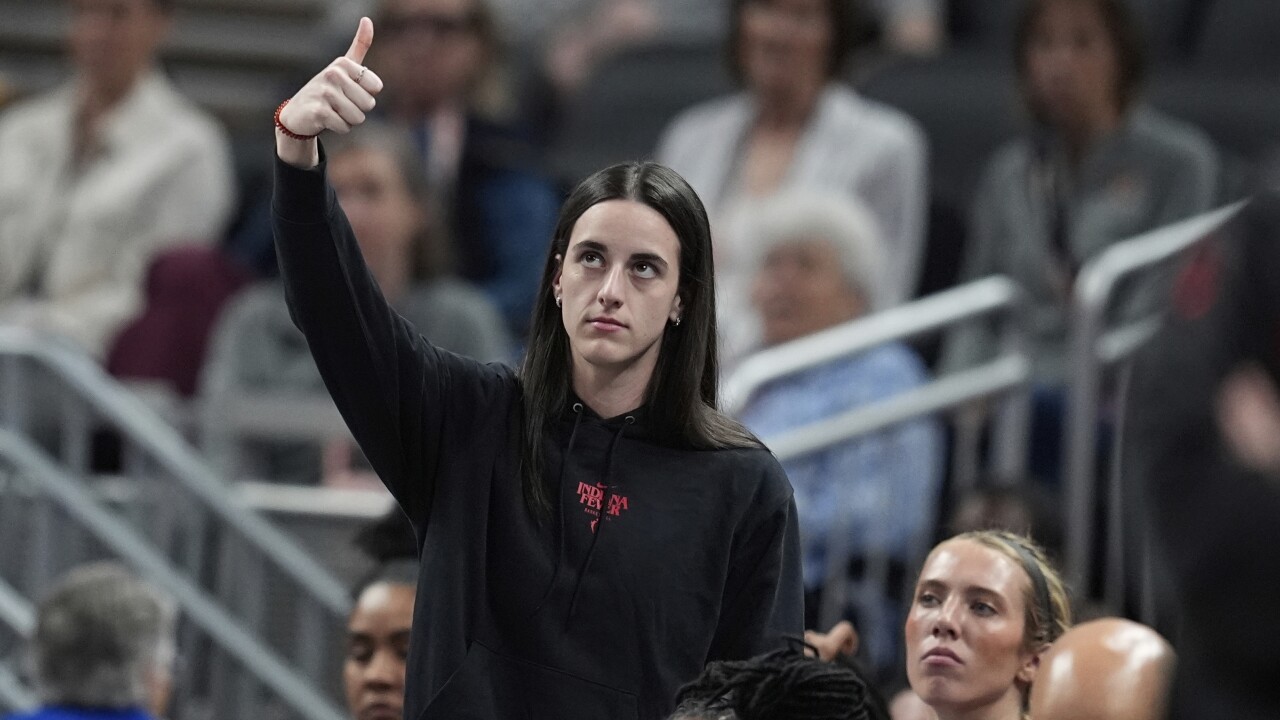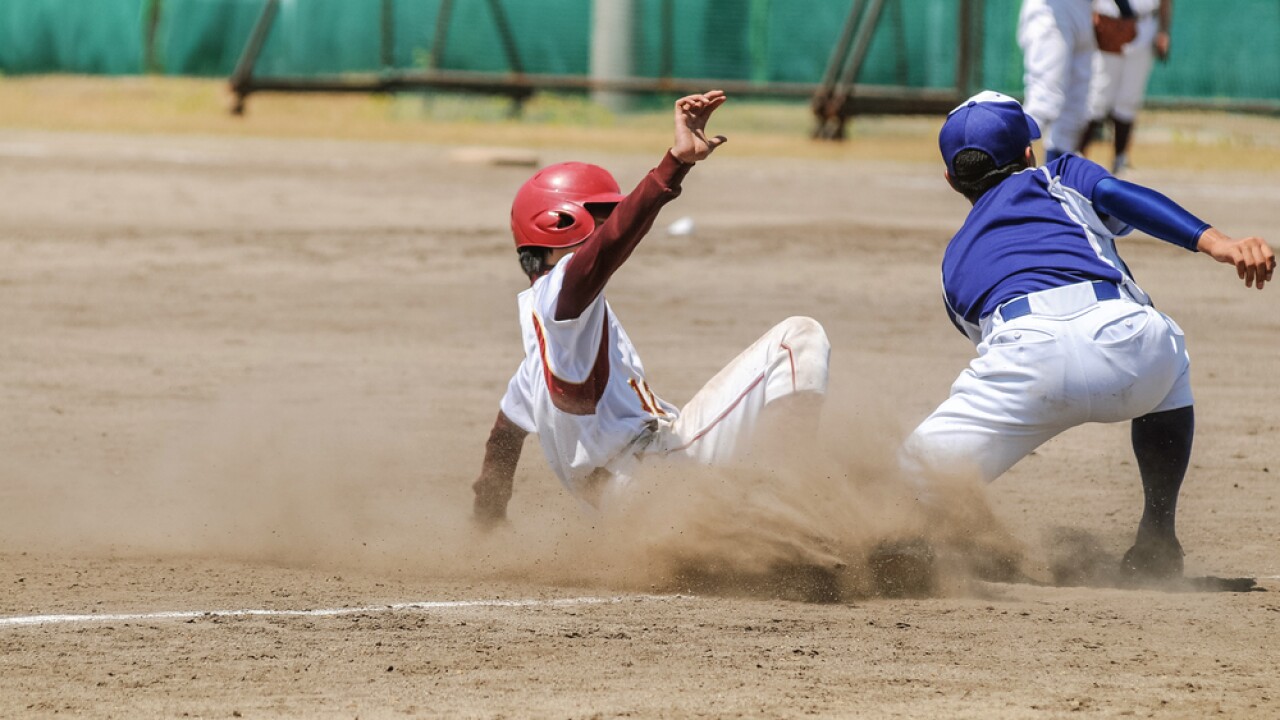At one Maine summer camp, the combat zones sometimes seem like they are thousands of miles away from the United States.
The Seeds of Peace Camp has been bringing together Israeli and Palestinian teenagers from conflict areas for decades. Perhaps never has their task been more important or difficult since the beginning of the Israel-Gaza conflict.
Rare access to the camp was granted to Scripps News.
The Seeds of Peace summer camp in coastal Maine is experiencing a cloudy day. In addition to indoor and outdoor activities, these youngsters prioritize food. However, there are very genuine, adult-world issues hidden behind the conventional scenes of teenagers playing.
According to Selena, a Palestinian Seeds of Peace camper, “Every Palestinian suffered during this war.”
“My father lost a really good friend in Gaza,” Israeli camper Shalom added.
“Hospital is bombed, bombings everywhere,” another Palestinian camper, Rania, added.
IN RELATED NEWS | More than 100 humanitarian organizations urge greater access to food, warning that Gaza faces famine.
Ruth, an Israeli camper, said, “For all of us, there were people we knew that died, that got injured, that are traumatized, that are hostages.”
There are around 90 campers, including Palestinians Selena and Rania and Israelis Ruth and Shalom. They carry on a tradition that started in 1993 when Israeli and Palestinian youth were brought to the United States for a summer camp by the nonprofit organization Seeds of Peace.
“This is just like any other summer camp you’ve likely ever been to,” said Eva Armour, executive director of Seeds of Peace. “What makes it unique is that for two hours a day, they have facilitated dialogue sessions and that’s led by professionals.”
Only the teenagers and the facilitators are allowed to participate in the discourse sessions, which divide the campers into smaller groups.
After graduating from Seeds of Peace, Jonathan Hefetz now works with the organization. “We keep saying that, ‘What happens in dialogue, stays in dialogue,'” he remarked. “However, I believe that the aspect of it that is so unusual in discussion is essentially questioning a lot of things that you don’t question in your home country. They suddenly have the freedom to express themselves here.
Selena, 17, who was born in the West Bank, stated that the campers value the dialogue sessions because of their framework.
“I would say it got heated sometimes but one thing that is done with our dialogue groups is, the first day when we begin, we lay out some like dialogue norms, some things that some rules that we would like to go by,” said Selena. “So, even if it does get heated, people do stay like respectful.”
IN CASE YOU MISSED IT: In an interview with Scripps News, Trump’s hostage envoy describes his purpose
Jerusalem-based 15-year-old Shalom, a first-time camper, finds it difficult at times.
“Dialogue is very difficult for me, especially because I think society really wants you to learn like there you have an enemy and it’s really hard to come over and just talk,” Shalom stated. “So, have to share through personal experience, which could be they’re triggering or really difficult sometimes, but that’s, in my opinion, the way to people, hearts and souls.”
The Hamas attack on Israel on October 7, 2023, acts as a kind of boundary line between the before and after. Ruth, a 16-year-old Israeli who visited the Seeds of Peace Camp prior to the conflict, observes the changes.
“To compare what happened before and after is like heaven and earth,” stated Ruth. “Dialogue was very different, but I felt the reason that it was really important for me to come back is because after October 7, it didn’t make me stop believing in peace.”
Some of the campers found it difficult to get there at all. In the extremely short time that the Rafah border crossing with Egypt was open in late 2023, 17-year-old Rania from Gaza was able to escape the conflict with her family.
“I was famished, and people from all over the world were going about their daily lives. “I was afraid,” Rania remarked. “That’s where my house is. All of my belongings are inside, despite it being torched and destroyed. I had nothing when I arrived in Egypt.
RELATED STORY – The Palestinian Health Ministry reports that 73 individuals were killed while waiting for humanitarian aid throughout Gaza.
Rania considered what she hoped to learn from the experience when asked what it was like to be at the camp.
“I’m here to share my thoughts and to learn from others’ perspectives. Additionally, I don’t require persuasion. All I require is respect, and I value other people’s opinions,” Rania remarked.
According to Armour, executive director of Seeds of Peace, the conversations among campers there contribute to the camp’s uniqueness.
“This isn’t about kids in canoes just or on soccer fields,” Armour stated. “There is a deep, powerful presence that happens through those experiences, where people have those chances to connect.”
The camp is devoid of both television and cell phones. During their stay, the campers are supposed to be shielded from outside influences like social media and the news.
The campers will return to their homes later this month. According to counselors, it may take the campers up to a year to integrate everything that happened back home with what they went through at Seeds of Peace.
Teenagers from India and Pakistan, two nuclear-armed nations with tense pasts, are present at the camp in addition to Israelis and Palestinians. As recently as this past April, the two nations engaged in gunfire over the disputed Kashmir territory.
As they work on other regions of the world where teenagers are also growing up in conflict zones, Seeds of Peace has extended to include those nations as well.
